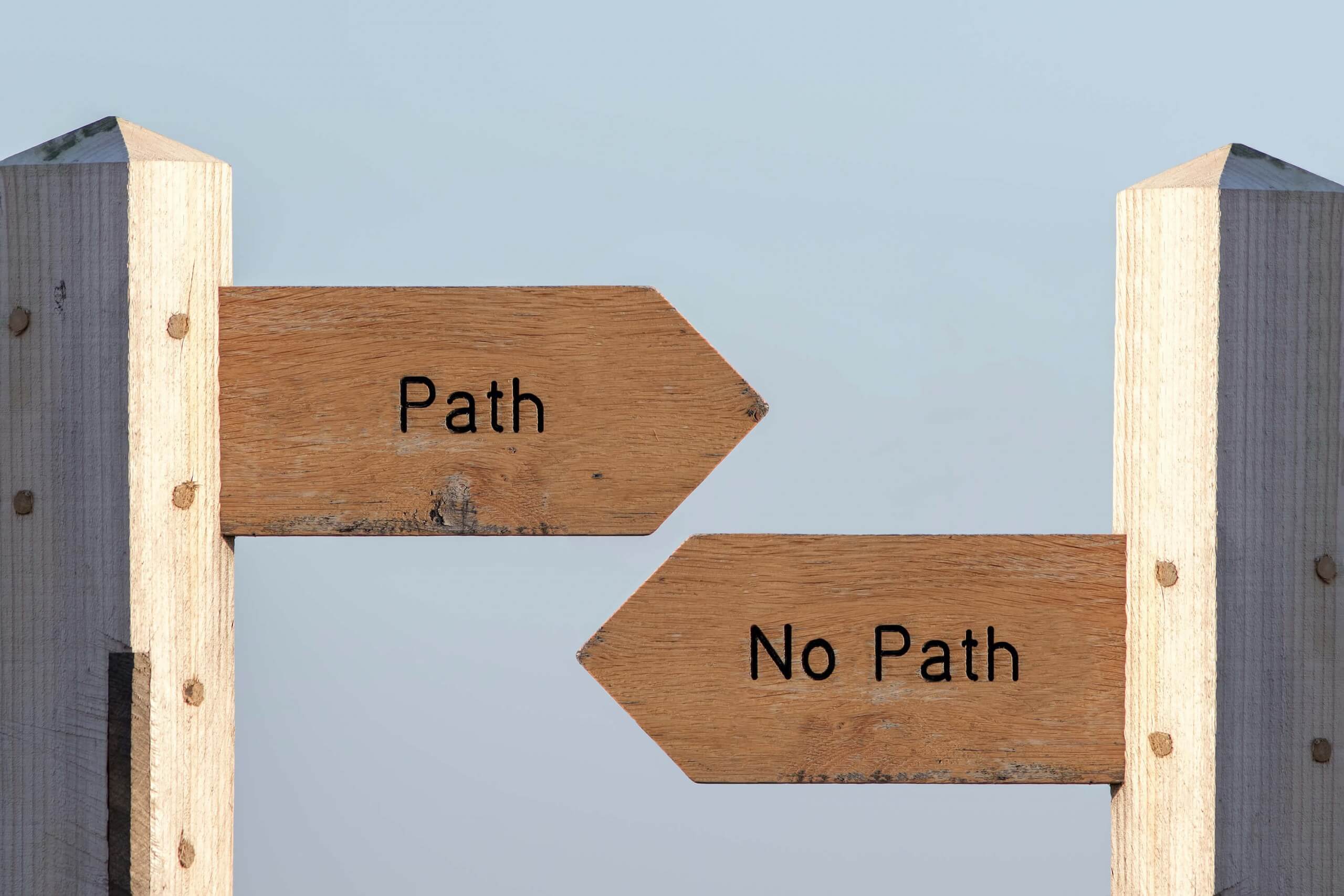In context: When trademarks become used to describe an entire category of products such as aspirin or kerosene, the word is no longer protected by trademark law. This doctrine is known as "genericide." After being denied a dismissal, Netflix is applying the doctrine in its defense against Chooseco's trademark infringement lawsuit.

Earlier this week, Netflix revealed the premiere date for its second choose-your-own-adventure-style movie. This time it is based on its Carmen Sandiego series.
Last year, the streaming giant got into hot water with its previous interactive show Black Mirror: Bandersnatch. Chooseco filed an infringement lawsuit against the company for using the phrase "choose your own adventure" in the Bandersnatch script. Chooseco claimed that that use violated its Choose Your Own Adventure trademark.
Netflix's initial defense was to ask the court to dismiss the case because it did not meet the standards set by the Lanham Act. The judge agreed that Bandersnatch was an expressive work and that the use of the phrase had relevance to the artistic work. However, Chooseco also alleged the use of the trademark could confuse consumers into thinking the film was related to the company. The judge agreed and denied dismissal.
"The physical characteristics and context of the use demonstrate that it is at least plausible Netflix used the term to attract public attention by associating the film with Chooseco's book series," wrote Vermont federal judge William Sessions in his opinion.
Now Netflix is going on the offensive. The streaming service is asking the court to cancel Chooseco's trademark because the phrase has become generic.
Under the doctrine of genericide, a trademark can become invalid if its general use becomes generic to the point that it is used to describe a whole class of products. Soft soap is an example of a brand that is no longer protected by trademark law because of this doctrine.
Netflix argues that Chooseco's series of books are not the only stories using interactive narratives, nor was it the first. Indeed, the first Choose Your Own Adventure book, The Cave of Time, was published in 1979, while the company behind Dungeons and Dragons, TSR, had been using a similar format to tell stories since 1972. Later works, including early computer text adventures like Zork, and even more recent titles like those from Telltale, used the same formula. There are even apps that can help users write stories in this style.
"The phrase 'Choose Your Own Adventure' has become generic in its current use within the United States," writes Netflix attorney Seth Berlin in his counter claim filing (above). "In contemporary parlance, any situation that requires making a series of unguided choices, or that provides an opportunity to go back and re-make a series of choices that turned out badly, is referred to as a 'Choose Your Own Adventure.'... Thus, in its current usage, the phrase 'Choose Your Own Adventure' encompasses the entire genre of interactive-narrative fiction, a genus of media of which Chooseco's book series is just one species."
The filing goes on to ask that the court rule that Netflix has not violated Chooseco's trademark, and to cancel or genericize it. It also requests restitution for costs related to the litigation.